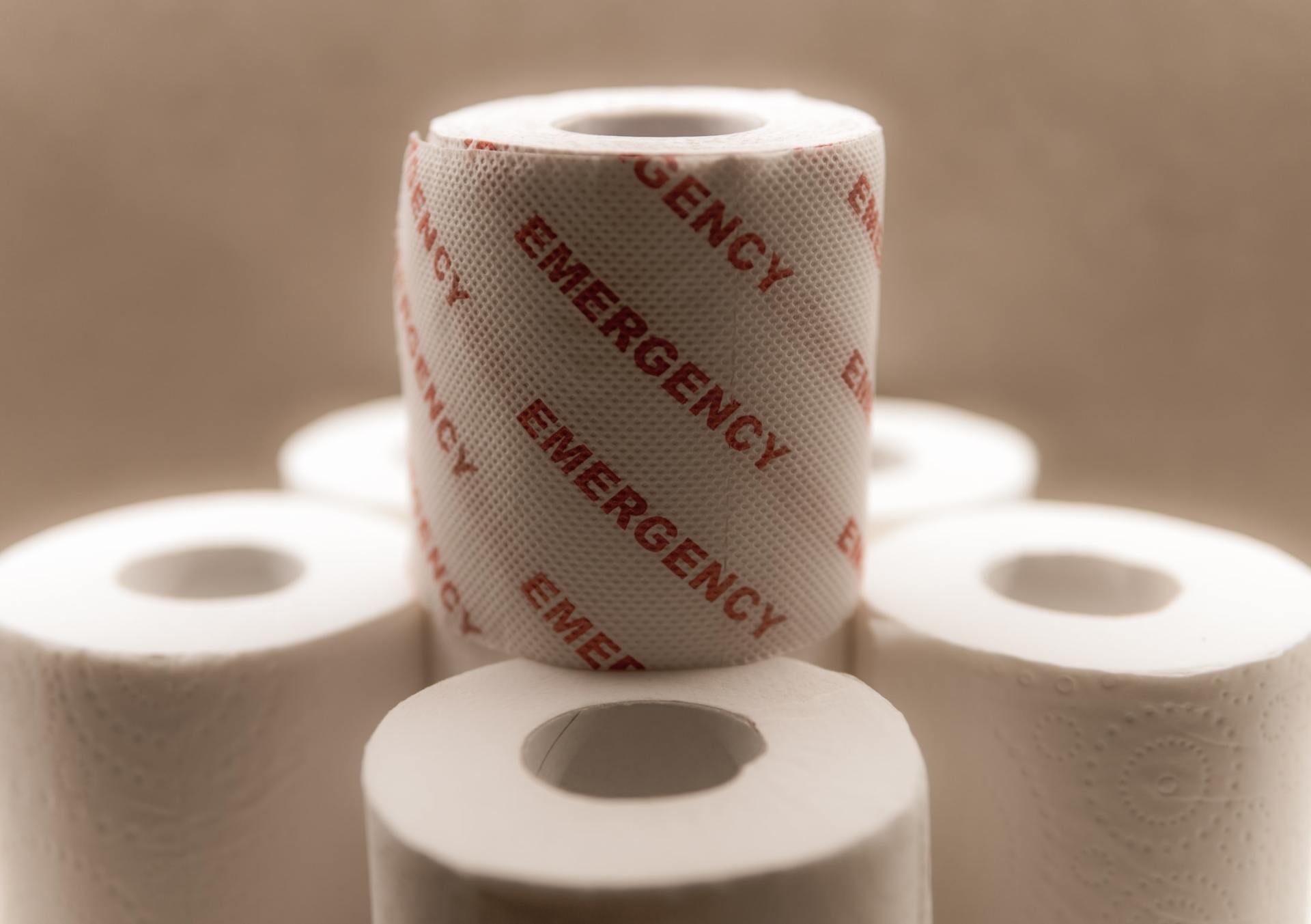All Septic of New Jersey
All Septic Services are provided by Jersey Shore Septic
Woodbridge New Jersey Septic Service Company
Septic System
Some properties are connected to city sewers and some have what is called a septic system. This is a large tank that is connected to the property to collect all the sewage from the business or home. The size of the tank installed will be judged on how many people occupy the space and whether it will have heavy usage or not. The lifetime of a septic tank is usually around twenty years as long as it is maintained properly. This includes having your septic tank pumped out regularly (how often, depends on usage) and being cognizant not to send items down the pipes that could be damaging to the system. Some examples include: oil, diapers, cigarette butts, coffee grounds, and much more. Take the time to educate yourself about your septic system so that you can take proper care of your septic tank system.
When a septic system installation begins, the septic company will offer the different choices of septic tank materials available. Septic tanks come in concrete, steel, plastic, and fiberglass. The septic company will then map out the septic drain field. They will dig a hole large enough for the septic tank, put down the septic pipes and connect the septic tank system to the plumbing in the house.
We are based in Woodbridge NJ and service Jackson, Toms River, Howell, and the surrounding areas.
Call today for all your septic services
Contact Us
We will get back to you as soon as possible.
Please try again later.
-
What is a Septic System
Read MoreA septic system is a privately owned sewage and plumbing system for all your wastewater and sewage. It mainly consists of a large septic tank, a drain field also known as a leach field, and plumbing pipes to connect your home to your septic tank.
-
How To Properly Maintain a Septic System
Read MoreTaking care of a septic system requires knowledge and foresight. Knowledge is power. There are certain items that are specifically bad for a septic system such as oil, chemical cleaners, and other things that can make your septic tank and system back up into your home. Maintaining a septic tank system is simply calling up a septic plumber for all little septic problems that may come up. Little septic issues turn into big septic problems when they are not taken seriously.
-
Common Septic System Questions
Read MoreThere is a cloud of unknown surrounding the entire septic system. Once you do your homework you will see that it is a really simple system in place for your sewage needs. A septic company is your in house plumbers ready to repair and maintain your septic system. They will also do a septic cleaning and pumping as needed so the septic tank will not back up.
Need a Septic Pumping? Have a Septic backup? Need a Septic Inspection? For any Septic Services you can contact us.
Septic FAQS
Got questions regarding your septic system? We’ve got answers.
SEPTIC SYSTEM
- How do I know if there is an issue with my septic system?
Some of the signs of a septic problem are water pooling on your lawn, the drains in your house going down slower than usual, or a bad sewage smell. All of these point to a septic backup and you will need a septic company to come and do a septic repair.
- What chemicals can I use that will help my septic system last longer?
No chemicals or additives help your septic system. In fact, most chemicals are detrimental to the health of the septic system.
- What is the lifespan of a septic system?
There are several factors that will come to play when calculating the lifespan of a septic system. How well the system was maintained, what material the septic tank is made froml, and when it was installed. A relatively new (under 20 years) septic system with a concrete septic tank and pvc lines should last a minimum of 50 years.
- What is the cost of a new septic system?
There are many variables when calculating the cost of a new septic system. How large the house is will determine the size septic tank needed. What material the tank should be made from can effect the cost as well. Soil testing, permits, and excavation can bring up the cost as well as any other plumbing problem that may be hidden from the eye before opening up the ground. The average price of a brand new septic system is between $30,000-$50,000.
- Is it ok to use a garbage disposal with my septic system?
It is highly recommended NOT to use a garbage disposal when you own a septic system since it may not be able to break down all the particles, thereby leaving waste in your septic tank that will need to be pumped.
- When doing a septic inspection, what are they looking for?
A septic inspection is just done to ensure that all parts of your septic system are in good working order. They will also check to see how much effluent is in your septic tank and if your septic tank needs to be pumped.
SEPTIC TANK
- How often should I have my septic tank pumped?
It is recommended you have your septic tank pumped every 2-4 years depending on your water usage. A septic pumping does not cost a lot and it helps preserve your septic system and make it last longer.
- Why is my septic tank full if I just had a septic pumping done?
The goal of a septic tank pumping is to remove the effluent and sewage that can not be absorbed into the earth via the drain field. The fact that your septic tank is full does not point to a septic problem.
- What items are detrimental to my septic tank system?
Bleach, cigarettes, paper towls, baby wipes, diapers, grease and oil, plastic, feminine hygiene products, and tissues are some items that can be harmful to your septic system. Those items that can not be broken down and reabsorbed into the earth may cause a breakdown in your septic system.
- Can I build or plant above my septic tank?
It is not recommended to build anything on top of a septic tank or drain field. Only plants with shallow roots should be planted near a septic system. It is recommended you keep a 10-20 foot distance when planting vegetables.




